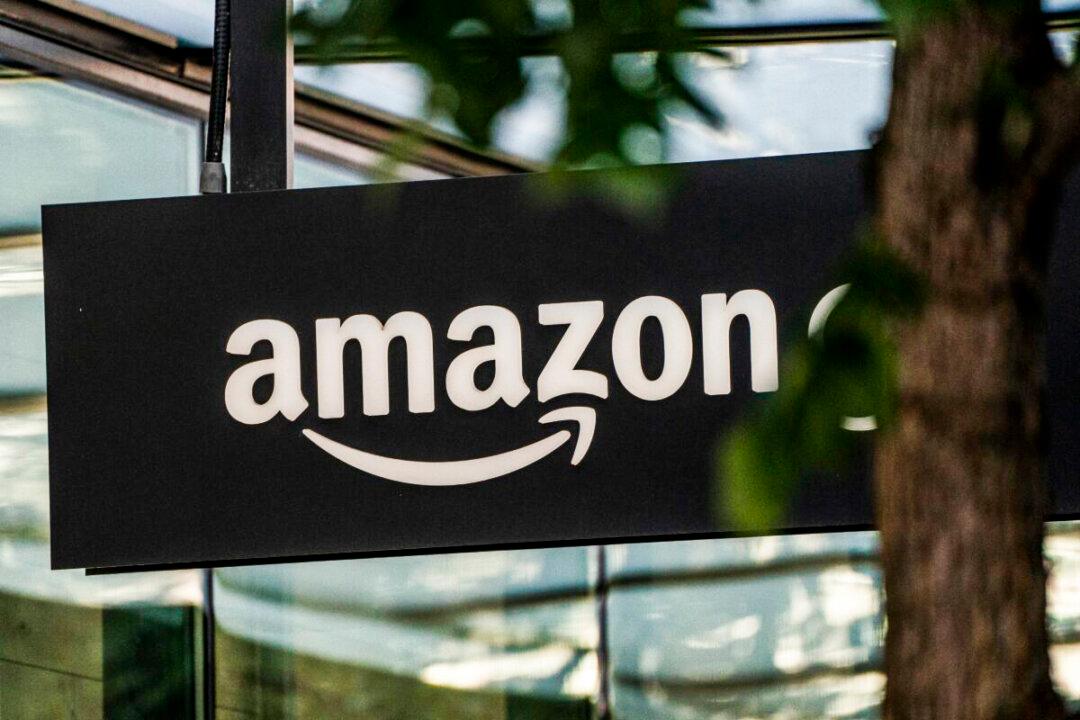Amazon agrees to pay a $2.25 million settlement and shut down its “Sold By Amazon” (SBA) sales program nationwide based on an investigation by the attorney general of Washington that found the company allegedly violated antitrust laws and engaged in price fixing.
Attorney General (AG) Bob Ferguson announced on Wednesday that his office has filed a lawsuit (pdf) and a legally binding resolution (pdf) against the e-commerce behemoth in the King County Superior court. “As part of the legally enforceable consent decree, Amazon must stop the ‘Sold by Amazon’ program nationwide and provide the Attorney General’s Office with annual updates on its compliance with antitrust laws,” according to the news release.





